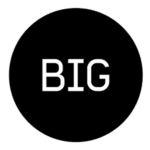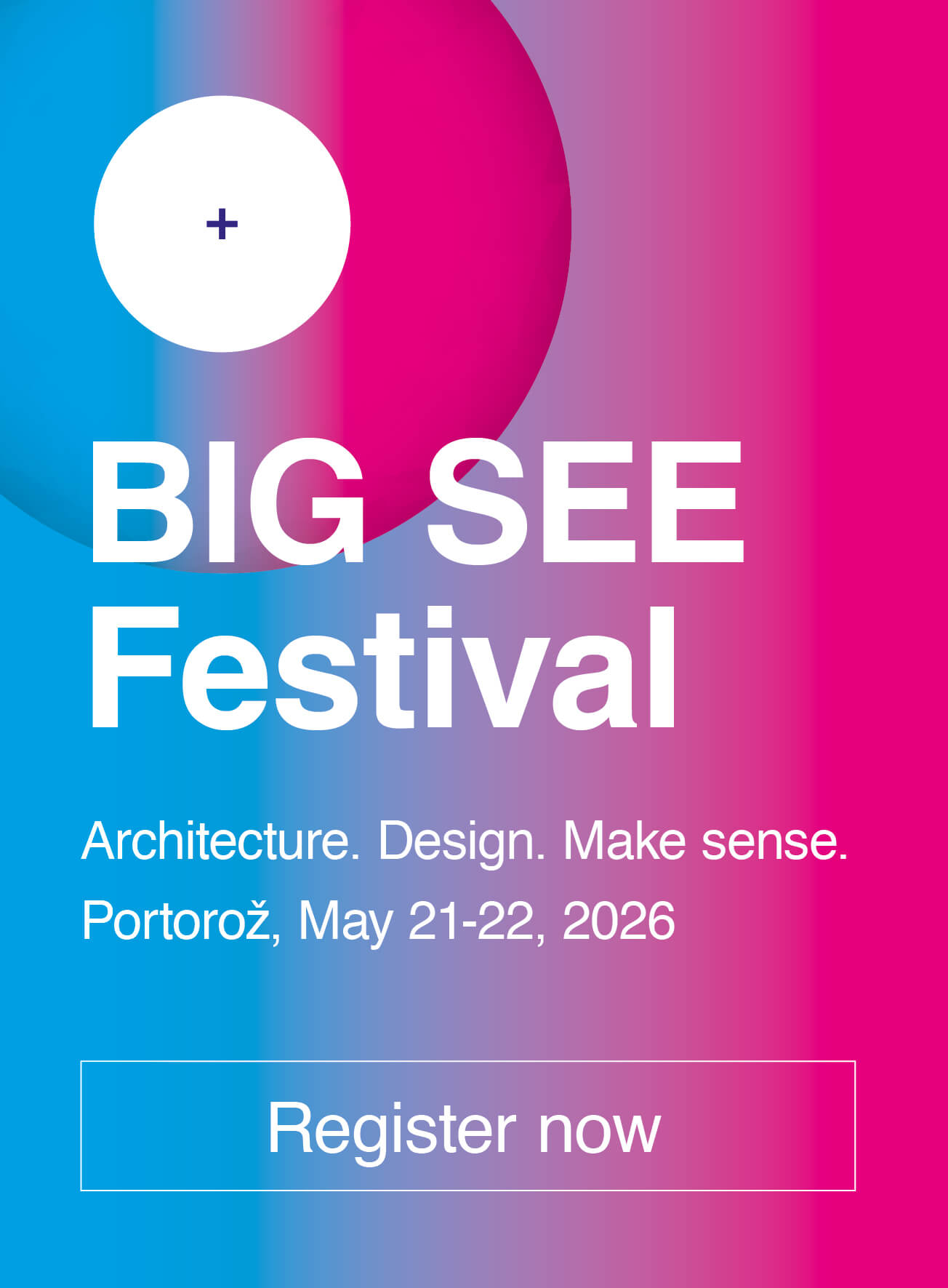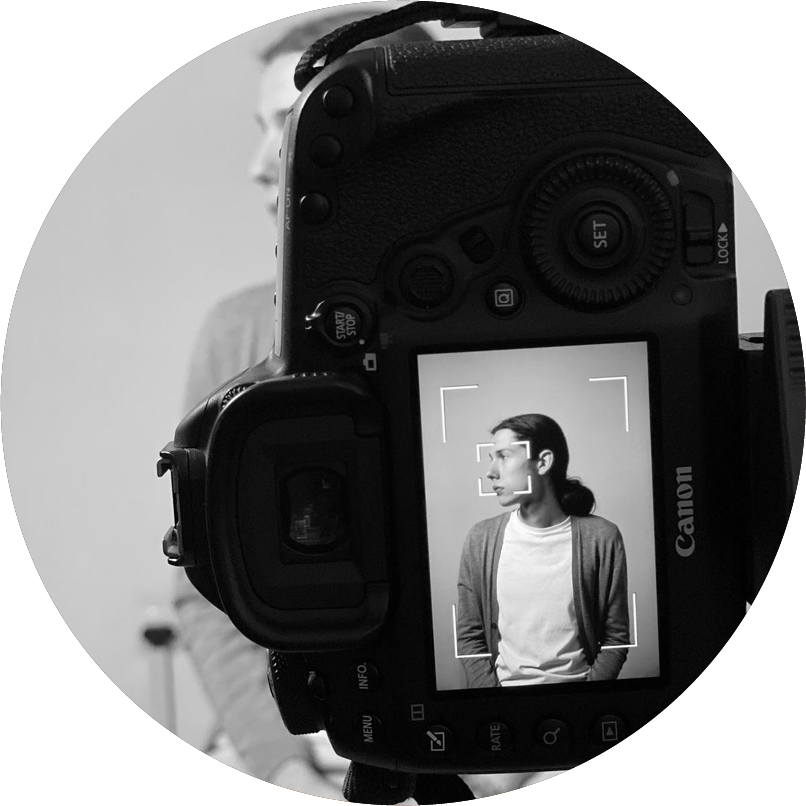
Faruk Ibišević, Bosnia and Herzegovina

Nominator: Srđa Hrisafović
Nominator's statement
I have known Faruk Ibišević for four years as a student at the Academy of fine Arts Department of Product Design. I have found him to be a thoughtful and imaginative individual. He is well read, creative and experimental in his design solutions and graphic communications. Given the background of our acquaintanceship, I believe I have a thorough insight into his academic, professional and intellectual abilities. I had known Faruk as a devoted student and a very competent and talented young practitioner.
ersonally I am most impressed by his determination and thirst for continuous learning and development in both academic and professional sense, which is the first and foremost characteristic of a good young designer.
TRASA - TRANSPORTATION SYSTEM FOR SARAJEVO
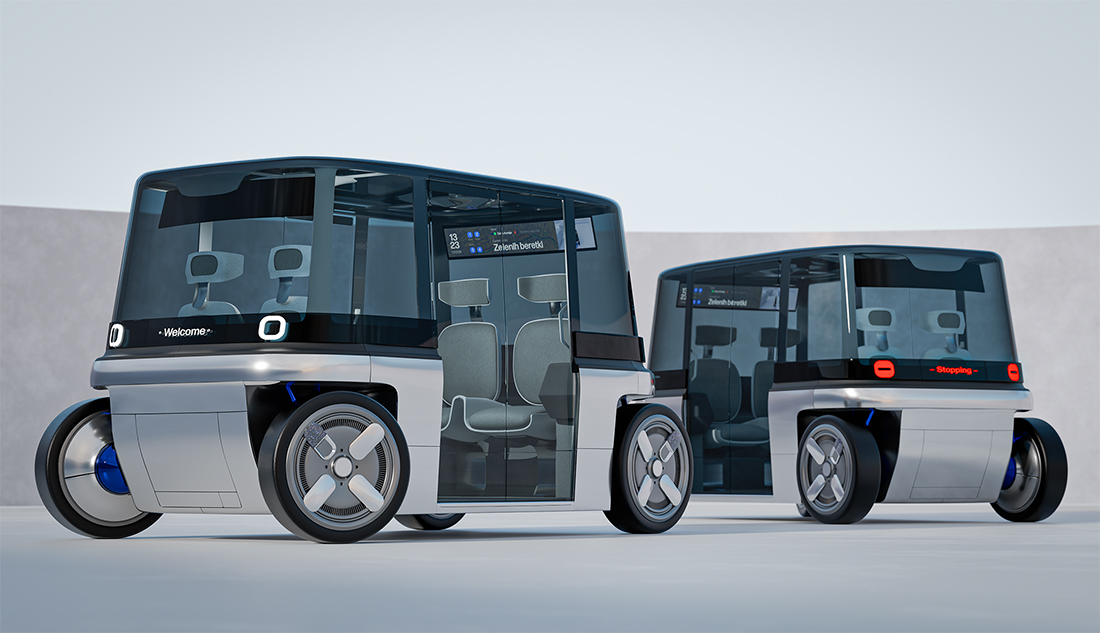
TraSa explores the future of urban mobility in Sarajevo through a design-driven approach that joins systemic analysis with tangible proposals. Rather than replacing public transport, the project envisions an integrated model based on Mobility-as-a-Service principles, gradually enhancing and connecting existing modes with new alternatives.
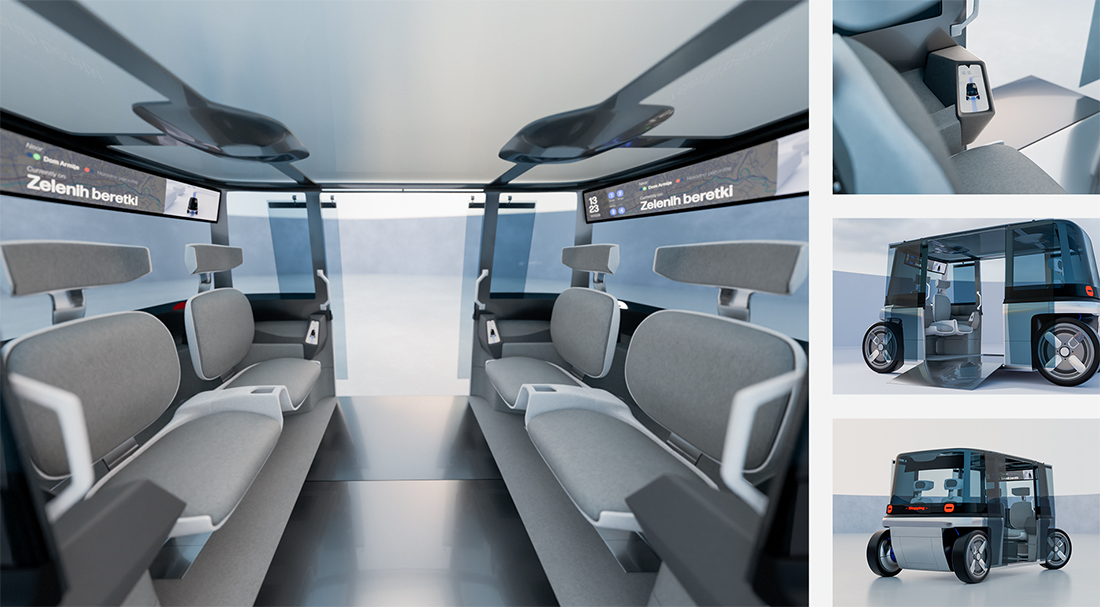
Sarajevo’s fragmented terrain, uneven accessibility, and layered infrastructure form the backdrop for this inquiry. By combining digital tools, autonomous technologies, and contextual design, the project investigates how mobility can respond to real user needs while preserving human-centered values in an automated age.
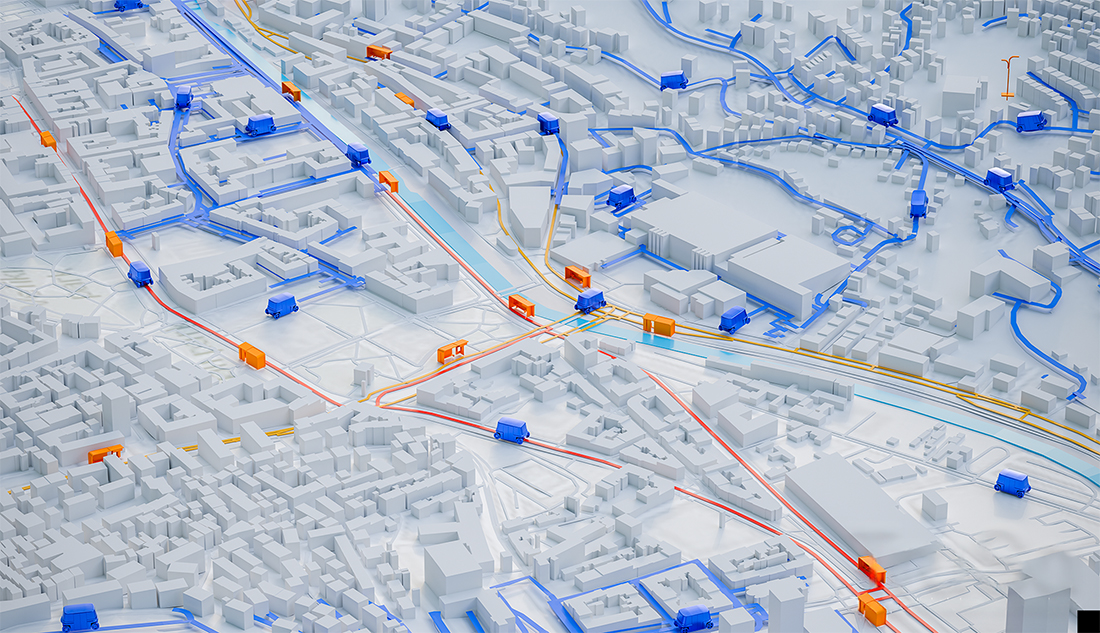
Within this system, the vehicle emerges as both symbol and instrument: compact, accessible, and emotionally safe, with a recognizable identity. More than transport, it offers a space of orientation and encounter, framing mobility as part of everyday life. TraSa thus demonstrates how design can translate systemic challenges into inclusive, context-sensitive futures.
FLIP - DRAWING EASEL BENCH
FLIP reconsiders the drawing bench as more than a static tool, treating it as an element that actively shapes the academic environment. The project began by observing the routines and frustrations present in everyday use, recognizing how such overlooked objects can influence the way we work and learn.
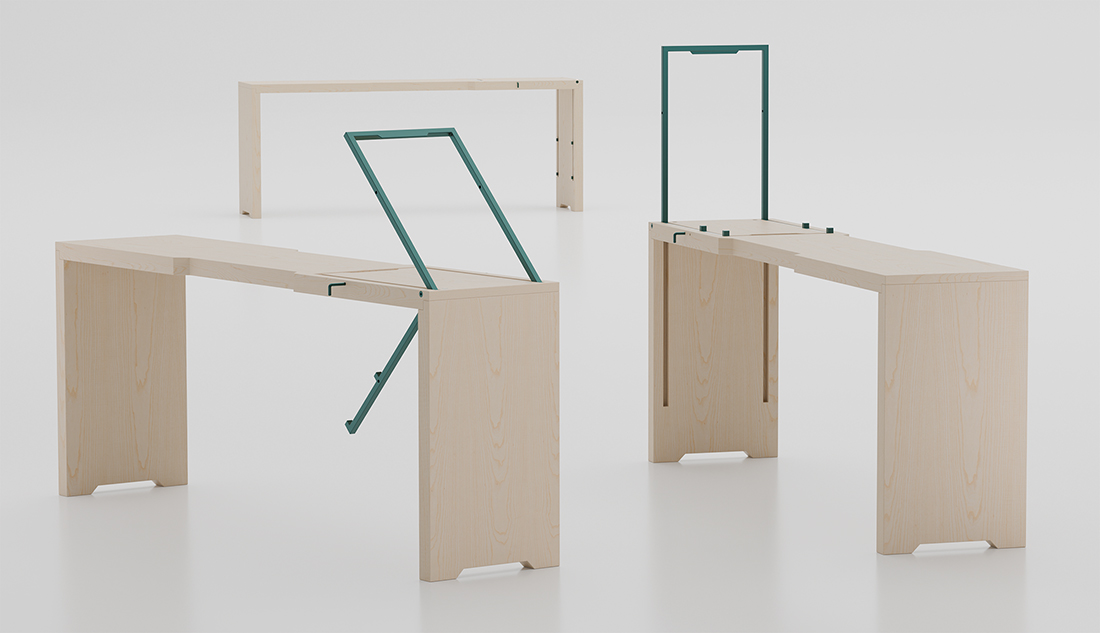
The final design introduces a transformational segment: a retractable metal frame embedded in the seat that can be lifted to support the drawing board or folded back to create a flat bench surface. In one gesture, the kozlić shifts from a personal drawing station to a compact element of shared space, addressing both the act of drawing and the need for efficiency in the studio.
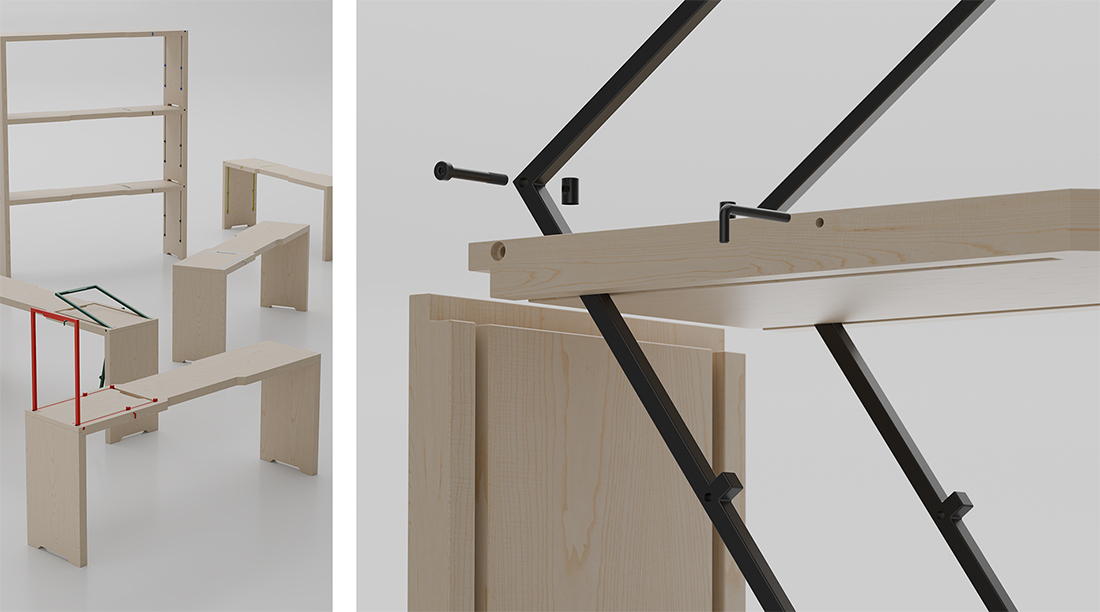
In this way, FLIP is less a replacement than a renewal of a familiar tool. By focusing on problems rooted in the immediate environment and proposing a flexible form of use, the project demonstrates how small interventions can modernize tradition and bring freshness into academic practice.
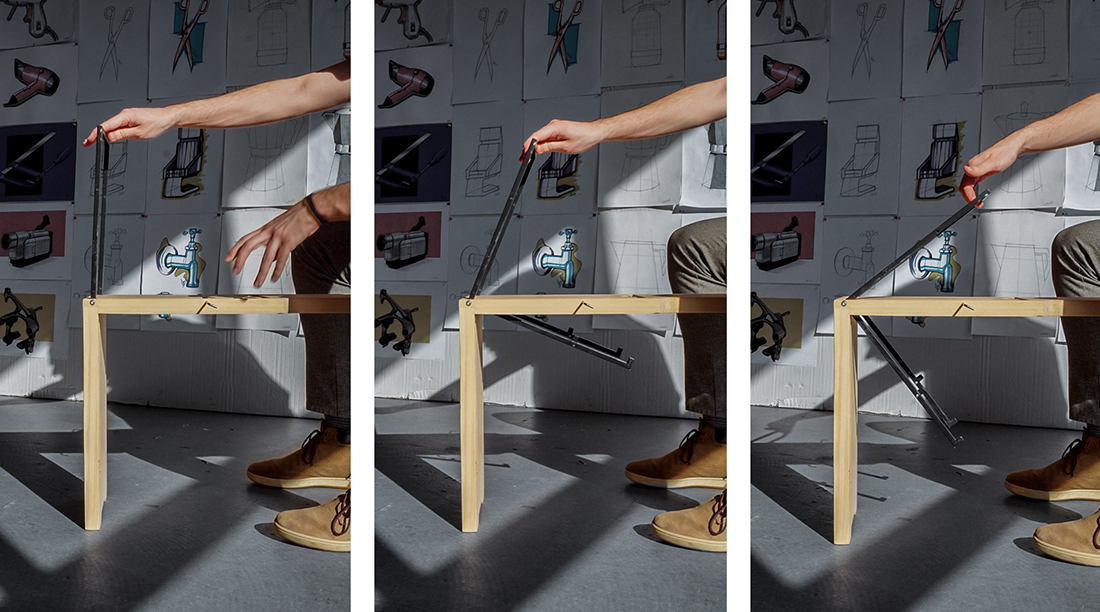
TENVIS
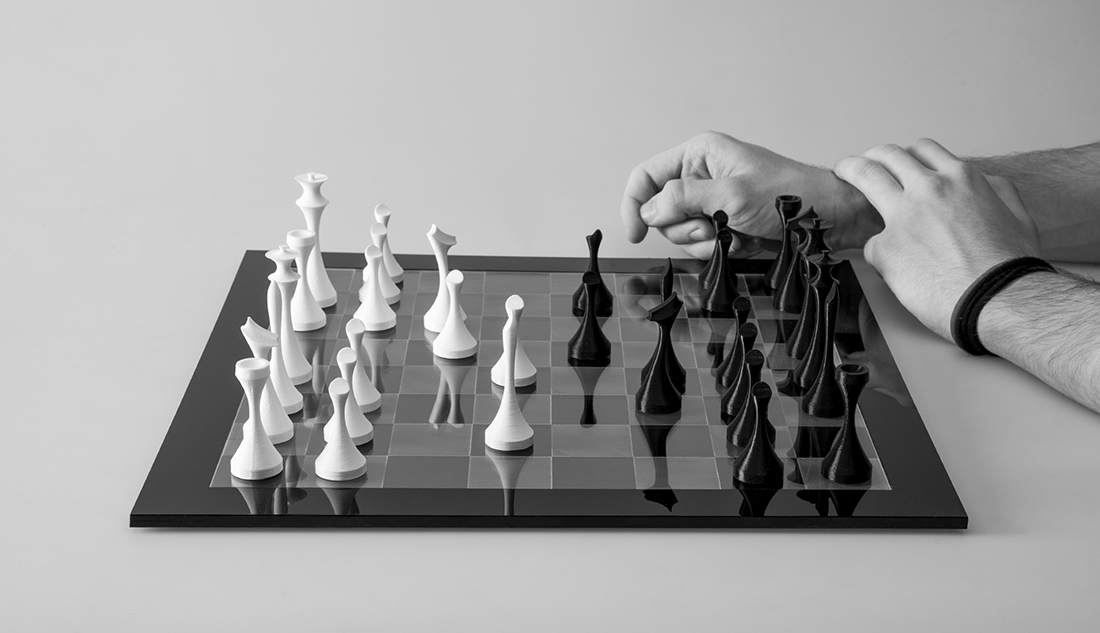
Born out of self-reflection, TENVIS explores how everyday practices can reveal values of patience, discipline, and detail in design. The act of playing chess became a starting activity that grew into a meditation on rhythm, concentration, and the role of subtlety in shaping both life and form.
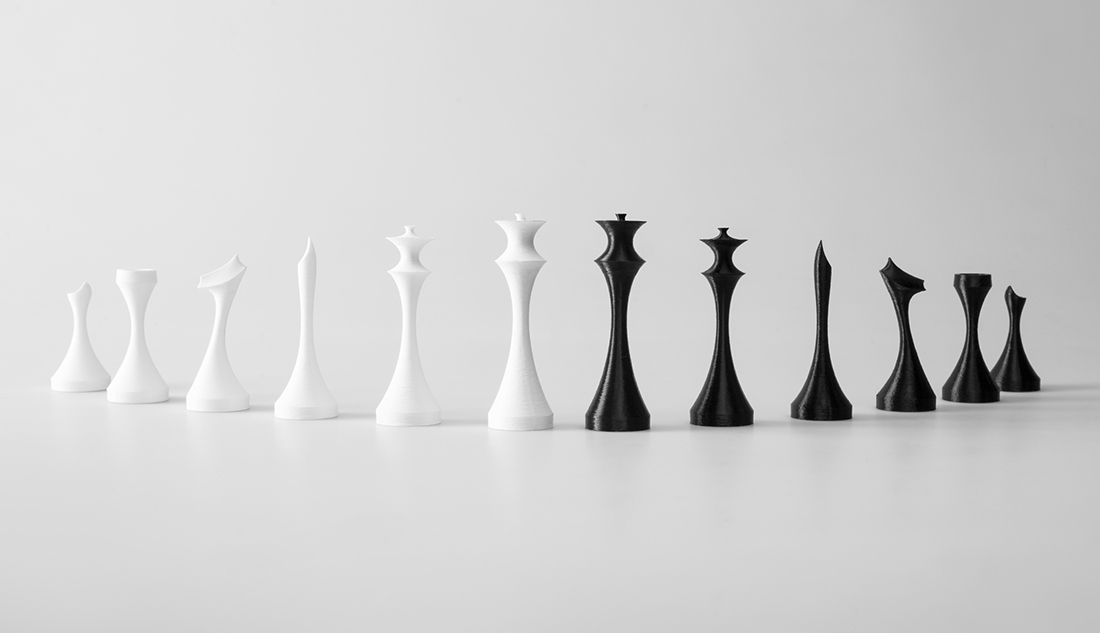
More than a game, chess served as a metaphor for self-development, where every move requires restraint, clarity, and persistence. Central to this process was the concept of sabur — a Bosnian word derived from the Arabic ṣabr (patience, self-restraint) — which shaped both the symbolic reading of the figures and the methodological discipline of their design.
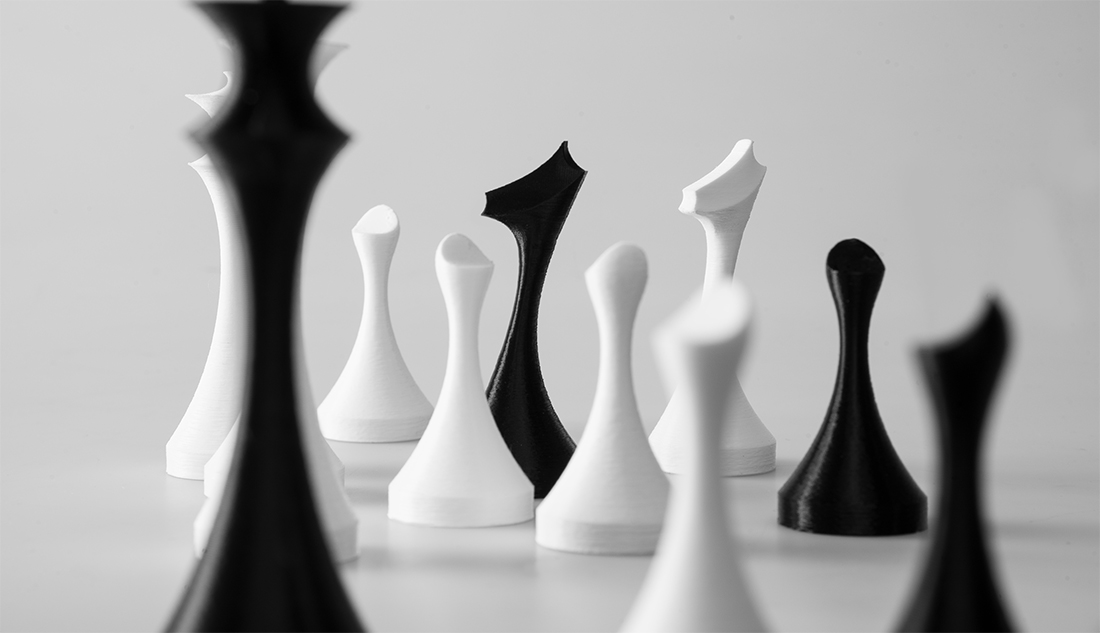
Respecting typology, I investigated how abstract values can be expressed through form without losing function. TENVIS is less a reinvention of a classic object than a translation of personal philosophy into material expression, affirming design as self-reflection that embeds discipline, patience, and beauty into everyday life.
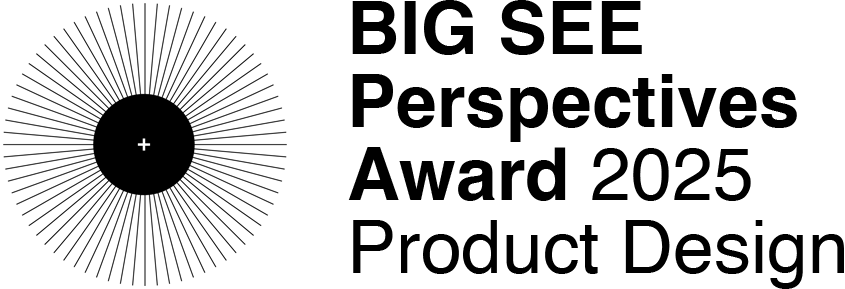
FARUK IBIŠEVIĆ
I am a recently graduated product designer from the Academy of Fine Arts in Sarajevo, active on the regional scene where my work has already been recognized with awards. My background combines strong technical skills in both digital and traditional workflows with a multidisciplinary outlook that spans consulting, system-level thinking, and the design and visualization of objects.
My approach to design is grounded in responsibility and usefulness, shaped by research, problem-solving, and a human-centered perspective. Observation and analysis are central to my process, balanced with iterative exploration and creativity. I see design not only as a way to address practical challenges but also as a method of shaping environments and experiences that influence everyday life.
Looking ahead, I aspire to blend the systemic and the material scales of design while embracing an educational role. By contributing to greater public awareness of design and its responsibilities, I aim to foster a culture where design is understood not merely as form-making, but as a discipline that shapes values, environments, and society itself.
Contact
[email protected], [email protected]


